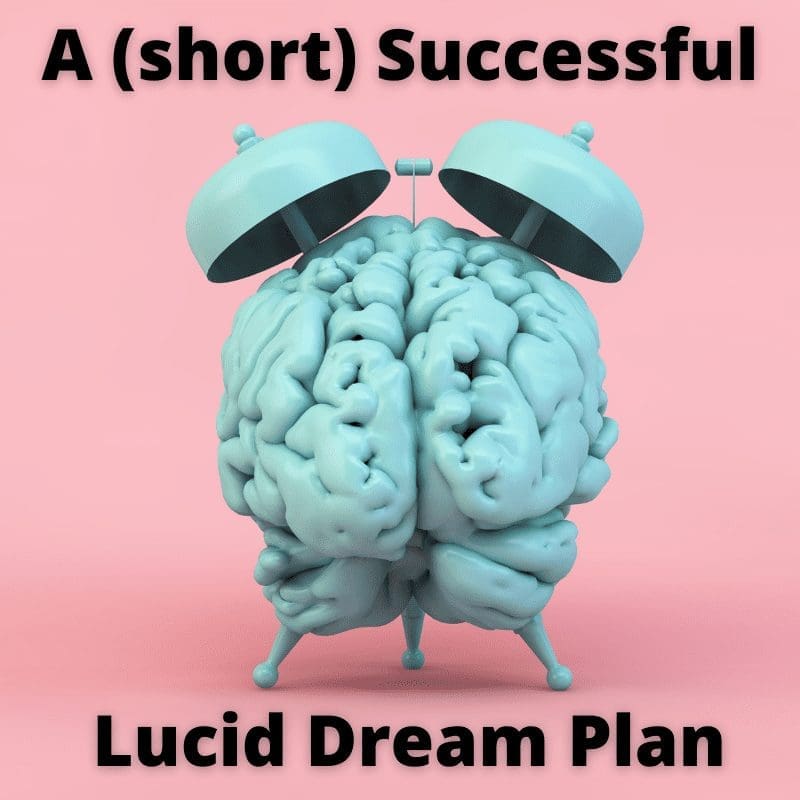Iyanla Vanzant subtitled the ‘Get Over It!’ book with ‘Thought Therapy For Healing The Hard Stuff.’ It’s no secret that I’ve been dealing with some hard stuff lately, so this intrigued me. Moreover, because I had taken her Prayer Challenge on Hay House recently, I was in the groove of Iyanla and wanted some more from her.
From all my personal development work and experiences, I know that my thoughts are the most powerful thing I have in my life. They can make or break me. They can keep me sick or heal me. They can imprison or free me. Iyanla says the same thing in ‘Get Over It!’
Anything and everything we experience is a function of what and how we think. – Iyanla Vanzant In Get Over It!
This Is Thought Therapy To Eliminate Dominant Negative Thought Patterns

To boil the book down, you learn a daily practice that Iyanla calls ‘thought therapy’. It’s a practice that can help you identify dominant negative thought patterns (DNTPs) and change them.
She says in the book that the ‘Get Over It!’ process will help you move through limiting beliefs, resistance, restrictions, and suffering that you experience through a process that includes awareness, acknowledgment, acceptance, and action.
There are 42 DNTPs that Iyanla covers, including:
- Abandonment
- Loneliness
- Overwhelm
- Anxiety/Worry/Fear
- Criticism
- Disappointment
- Grief
- Humiliation
- Rejection
- Shame
- Regret
- Self-Abuse
She says that you will know if you have one of these DNTPs because you will feel it when you read the description of them, which she includes in the book. Personally, I resonated with quite a few of them, including:
- Distrust/Doubt – I’m often waiting for the next disaster to happen.
- Grief – I resonated with her description of feeling depleted and doomed and not wanting to go on with various aspects of my life.
- Guilt – Wow do I have a lot of this. I feel guilty about almost everything. Especially lately.
- Hostility – Sometimes I can be an absolute bitch when I don’t need to be. Then I feel a ton of guilt…
- Overwhelm – This has been especially true this past year, as I’m sure it has for many people during the pandemic. In fact, most of these DNTPs have been exasperated by the pandemic.
Iyanla says that if you do the work, you should be able to clear a DNTP within two to four daily sessions.
The ‘Get Over It!’ Process Involves Prayer
Part of what drew me to this practice is the prayer. As I said in my Prayer Challenge Review, I’ve always valued prayer on some level.
I’ve replaced my prayer practice with the ‘Get Over It!’ prayers for now. Why? Because I really like them and they are a part of the ‘Get Over It!’ process, so I feel like I should.
I don’t feel like the ‘Get Over It!’ prayers are as personal as the prayers that I developed from the prayer challenge, but each prayer is intended for the thought pattern you are dealing with, which I really like.
I feel good after I say the prayer. I feel like my faith increases each time I say a prayer.
In fact, the other day I did a solo trip out to the mountains, and I did my morning prayer in my van facing the most beautiful mountains. The prayer didn’t just come out of my mouth, it bounced around my body. I could feel it. I took my time with it. I allowed the energy of it to penetrate my cells. And, the second after I said my last word of the prayer, the sun moved out from behind a mountain. I kid you not. It was an awe-inspiring moment. It was one of moments things where you just know everything you are doing has meaning.
Now, I crave doing the prayers in the ‘Get Over It!’ process.
Iyanla has a full prayer written out for each one of the 42 DNTPs. All you need to do is read and replace some words when need be (Universe instead of God or whatever resonates with you).
The ‘Get Over It!’ Process Also Involves Affirmations
Because our thoughts control our lives, I find positive affirmations very important and I hope you do to.
Affirmations are little statements that we say over and over again to help us change the way we think.
If we tell ourselves something enough, we start to believe it and it starts to impact how we move through the world.
For instance, when I finally quit smoking, I affirmed to myself that I loved being a non-smoker – which was something I hadn’t done before. I always affirmed to myself that I missed smoking when I tried to quit, and it always led me back to smoking. When I was able to affirm that I loved being a non-smoker, I started to find reasons to believe it and now I fully believe it! I would never smoke again. I never have any temptation to smoke. I love being a non-smoker for a variety of powerful reasons.
After each prayer in the ‘Get Over It!’ process, Iyanla includes an affirmation. They are not your standard ‘I am powerful’ affirmations. They are more Iyanla type affirmations. If you’ve ever listened to her talk, you know what I mean. For instance, the affirmation after the betrayal prayer is:
I now trust who God is within me, who God is to me, and who God is for me, knowing I shall not be betrayed.
Other Tools Used In The ‘Get Over It!’ Process
There are other tools that are part of the ‘Get Over It!’ process that are meant to unlock and move the energy within your body. What I found interesting is that each tool is talked about in other people’s teachings as well. For me, it just made everything extra meaningful.
Thought Therapy Eye Movements – Paul McKenna actually teaches these in his Everyday Bliss quest for stress and anxiety. The eyes, believe it or not, play an important role in clearing out issues. Various eye moments can help people with anxiety, trauma, and post-traumatic stress, as well as many other emotional problems. Eye movements can also make you more receptive to new ideas, which is how Iyanla uses them in the ‘Get Over It!’ process.
Thymus Thump – Donna Eden teaches this in her Energy Medicine quest. Moreover, I’m taking a tapping quest from Mindvalley, and it involves Thymus Thumping. It can help you to relieve stress and be calmer.
Breath Work – There are a few courses on Mindvalley that talk about breathwork. In fact, Dan Brule did a talk about breathwork a while back that made me realize how important it is. I’ve heard about people healing various diseases when they start to play with their breathwork.
As a side note, I’ve always found it fascinating and ironic that our bodies know how to breathe automatically, but they don’t automatically breathe correctly or in a healing way when needed.
Iyanla explains how and why to use these tools in-depth in the ‘Get Over It!’ book.
We Need To Get Some Control Over Our Thoughts
In ‘Get Over It!’, Iyanla talks about how many thoughts we have per day. We average in about 2,500 – 3,300 per hour. That’s insane. And some of our thoughts aren’t even stemming from our experiences. They are stemming from things we’ve seen or heard or felt, even if they had nothing to do with us.
In short, there are a ton of unhelpful thoughts that come in and out during the day. If we want to reduce the number of negative thoughts we have, we need to take action on thinking in a positive way, and this ‘Get Over It!’ process helps us do that.
I’ve found that as you do your prayers and repeat your affirmations through the day, you consciously choose to focus on more positive thoughts. They multiply and create more positive thoughts. And that helps you reprogram your mind.
Iyanla talks about neuroplasticity and how it makes personal growth possible. You can literally change your brain and change your life.
One of my favorite quotes from the book is this:
“… no matter what shows up, there is always something we can do, some action we can take, to advance our healing, growth, and learning.”
The ‘Get Over It!’ Process Can Promote Change
I’m already experiencing a change towards some of my most stuck-in-there DNTPs. There is a sense of lightness around a few things that used to feel very heavy. I don’t think any of my DNTPs have fully disappeared yet, but they are lighter. Also, I’ve been bouncing around to the prayer and affirmations that resonate with me during the day the most.
Iyanla says that the experiences you experience are reflections of your DNTPs. This is why it’s so important to change them. If you can change them, you can change your life.
If you are open to prayer and affirmations, along with the other tools, I think you will like this book. It’s a hopeful book that helps you realize that you have the power to create change in your life. You have the power to reduce or get over certain thoughts that are ruling your feelings and behavior.
You can use the ‘Get Over It!’ process to help change some deep-rooted thoughts that are holding you back in your life.
It’s a great process for change and one that will resonate with someone who enjoys the prayer and affirmations.
You can read more reviews on ‘Get Over It!’ and buy it on Amazon here. If you read it, come back and let me know what you thought.


